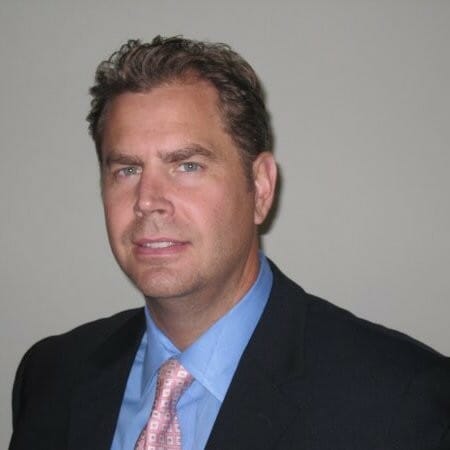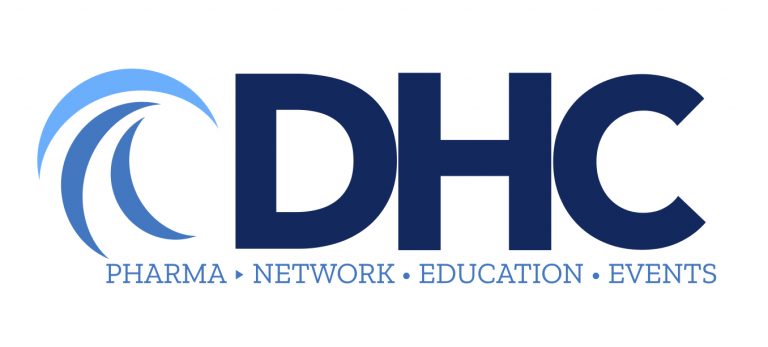Interview with OptimizeRx's Eze Abosi - Response to the Physician Workflow Landscape - March 2020
As our industry, like many others all over the globe, adjust to the implications of COVID-19 both personally and professionally, we are checking in with our members to understand how their landscape is changing. News of OptimizeRx’s use of their infrastructure to offer “an interactive text message alert program available to the general public that delivers coronavirus information issued by the CDC directly to any SMS-enabled mobile device” caught our attention.
The following exchange is an interview by Mark Bard (DHC Co-Founder) with Eze Abosi of OptimizeRx to get a sense of what they are seeing right now on the physician workflow landscape.


Response to the Physician Workflow Landscape
Mark Bard: Given the importance of online content from social, search, journals, and professional portals to keep up with the latest clinical news, how are physicians integrating those insights into their workflow within an EMR platform today? Do we see a growing number of physicians demanding – and using – tools and various plug-ins to pull those insights into the EMR platform and workflow?
Eze Abosi: Providers want to take care of patients. They don’t necessarily want to deal with multiple systems for finding and researching information. When solutions can provide needed information real-time, at the point-of-care, triggered by relevant and timely information, stakeholders are empowered to make better choices.
EHRs are increasingly ingrained within a providers’ workflow, and the improved feature set provided by best-in-class EMRs provide HCP’s with the information they need when they need it. Implicitly, content focused on continuing medical education such as journals and clinical trials either sponsored by pharma or as non-branded communications promote awareness, affordability, and adherence to therapies.
Uniquely, digital platforms such as OptimizeRx which captures real time activity from over 60% of ambulatory HCPs nationwide gives us a pulse on the market. During this time, we’re seeing generally stable engagement but increased engagement related specifically to COVID-19 information.
Mark Bard: Specific to the current market environment, and the critical need for the latest information about COVID-19, what has OptimizeRx learned from how physicians are using the EMR and specifically OptimizeRx tools to receive “push” updates — in addition to their overall online information access and learning?
Eze Abosi: While we can’t see this as a part of our platform connectivity, we’ve learned some organizations have turned off other digital communication tools. For example, only allowing mission critical email. By focusing inbound communications, physicians will be accessing tools that matter at the point of care.
This unprecedented environment has further limited life science organization’s access to HCPs and institutions in support of personal promotion of their key assets. Timely and important messages to HCPs have traditionally been strategies brand managers and their media strategy partners leveraged in the past. Unique tactics on the OptimizeRx platform such as refill alerts or affordability messaging accommodate the patient and HCP’s needs at point of care. The platform also supports persistence and compliance, which positively affect the quality of health outcomes. As our system evolves, we have observed advancements in the use of digital communications throughout the healthcare ecosystem.
Mark Bard: That’s great to hear physicians have the ability to receive updates that are being pushed to their platforms, where does the patient fit into this? Can the physicians push those updates to patients? How can they let their patients know about updates at the practice level? Can they provide clinical updates to patients in general?
Eze Abosi: It is absolutely critical in unique environments like this to leverage digital to ensure patients seamlessly connect with their HCPs, care teams, and ancillary providers. Email, interactive text, and custom applications are fantastic tools which can alleviate the burden of connecting the right people, at the right time, to facilitate positive health outcomes. This especially true when most of the population should be staying home but may need to engage their providers.
Life Science organizations who recognize this opportunity have commercialized engagement platforms which add value to each stakeholder, and simultaneously promote adherence to their respective brand(s) beyond the pill services. Uniquely, innovative marketing managers as well as various clinical staff, have provided patients access to engagement platforms that include surveys and other methods that enable the collection of patient reported outcomes on an on-going basis. This is most often for chronic Cardio-metabolic or Immunology disease categories which are treated by a specialty medication; providing a real-time closed-loop system for HCPs to gauge feedback and proceed accordingly.
Mark Bard: It really seems like social media – and specifically Twitter – has become a critical tool for many physicians to share information, ask questions, and connect with peers as wde all navigate this global pandemic of Covid 19. How can OptimizeRx bring some of those social media insights into the platform with regard to updates?
Eze Abosi: There is nothing like real time access to frontline information, and Twitter is an excellent outlet for such. Twitter was actually one of the sources that alerted us of the needs of frontline providers to factual information, and how we started to think differently about our technology and how it could help frontline providers get access to that information. Going forward, keeping a pulse on social media is something we are going to monitor on an ongoing basis so that we can continue to build technology that our frontline needs.
